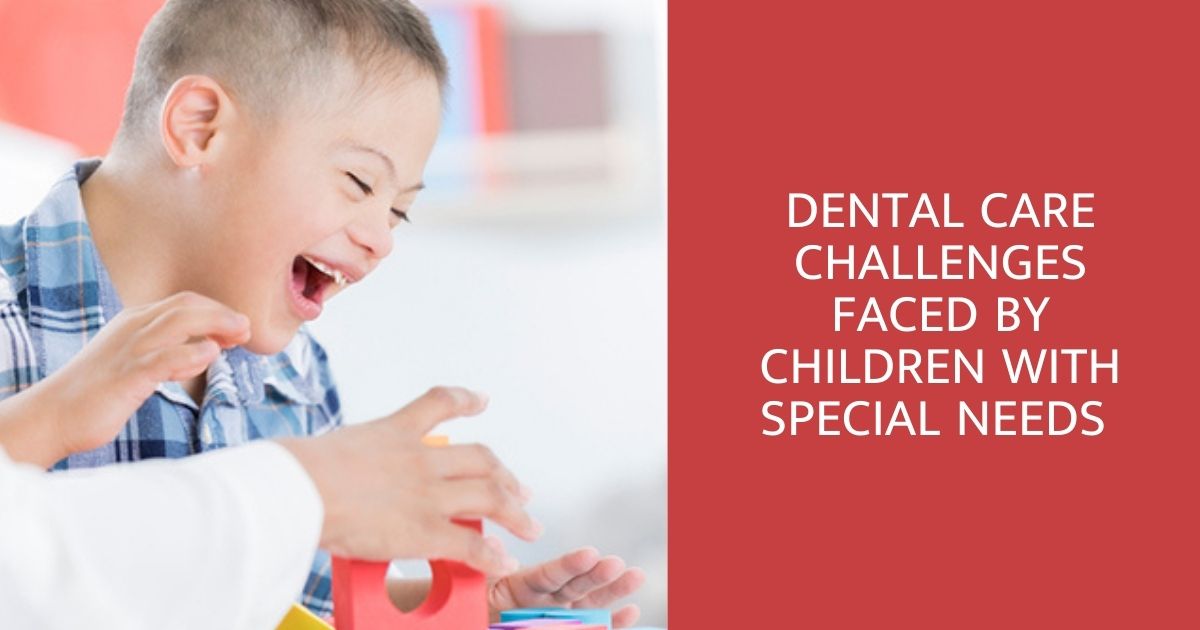Children with special needs are those who have physical challenges, sensory disabilities, or intellectual or cognitive challenges, where their dental care becomes a challenge for themselves and their caretakers. It takes compassion and a deep understanding to provide dental care for children with special needs. Here is a brief on the challenges faced by the special kids.
Brief on the Challenges Faced
Children with physical disabilities like those having difficulty in walking or those who do not have either one leg or two legs face difficulty coming to the dental office in the first place. Bringing them to the dental office itself is a challenge. After bringing them the challenges of making them seated at the dental chair comes next. The dentist and the caretaker have to move swiftly to seat them comfortably in the dental chair so that the dentists can carry on with their dental works.
Children with no hands face an uphill task to brush or floss their teeth and maintain the required oral hygiene. The better solution for such children is providing them with prosthetic hands. Children with prosthetic hands can be trained to brush and floss their teeth with a toothbrush. It needs to be said that an electric toothbrush comes in handy while brushing using a prosthetic hand.
Sensory disabilities like vision and hearing challenges can make imparting dental education a challenge to the dentist. So the dentists have to take extra care while dealing with children with sensory impairments. Children who are visually challenged have to be given the experience of brushing, flossing, and rinsing properly. Children who have problems in hearing and have speech impairment have to be provided with dental education in sign languages.
Cognitive disabilities present in children with conditions like autism, cerebral palsy, certain behavioral disorder, learning disabilities, etc., present a unique set of challenges when it comes to providing dental care for them. Their caretakers alone can be of help in extreme cases. For children with mild cognitive conditions, attempts can be made to impart brushing, flossing, and rinsing their teeth. The electric toothbrush is a boon to such children with special needs. These brushes have thicker handles and are easy to hold on to by the special kids. They operate faster and also are superior in cleaning. The dental treatment for such children can be carried out only under general anesthesia in a theatre set up.




